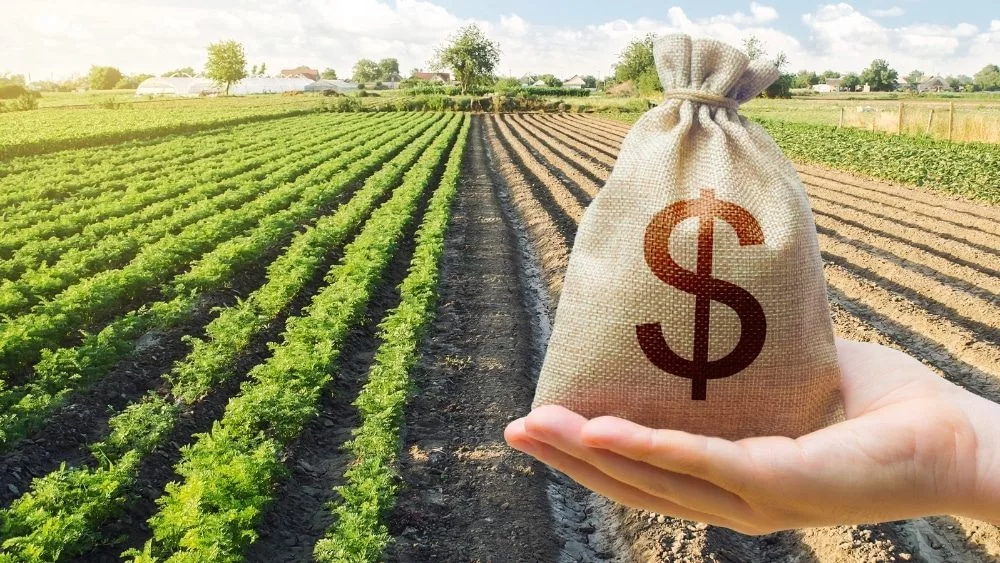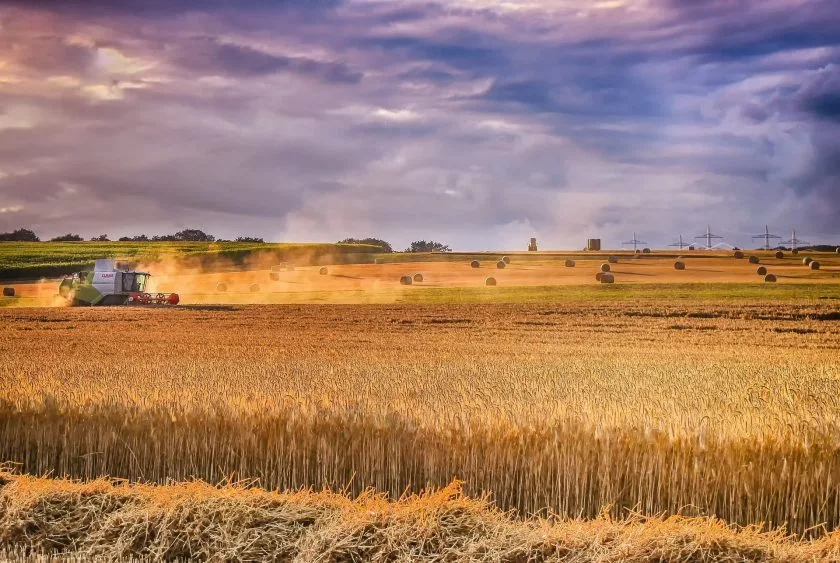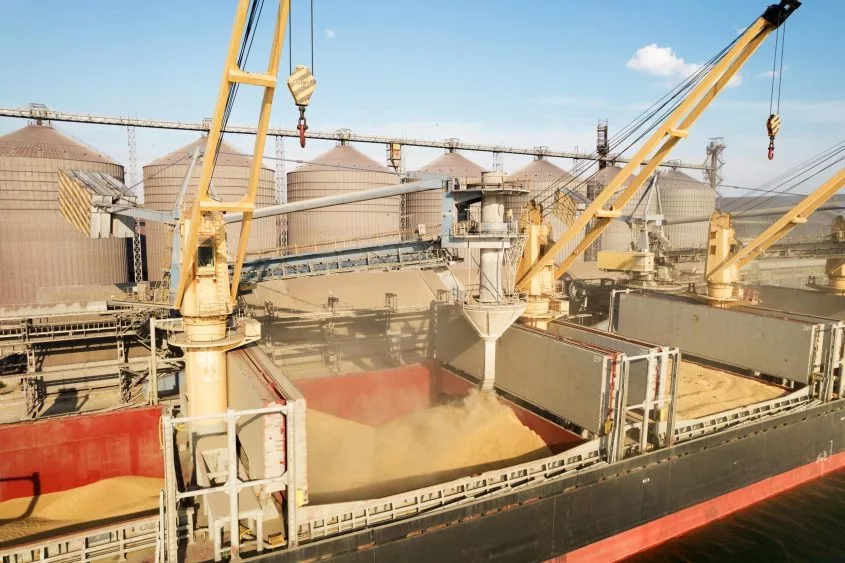
(WASHINGTON D.C.) — On Tuesday, USDA unveiled the specifics of the $10 billion Emergency Commodity Assistance Program (ECAP) that was created as part of the American Relief Act, passed by Congress in December, to help agricultural producers manage the rising costs of inputs and declining commodity prices. As the news came out, many agriculture groups and ag leaders have been sharing their reaction to the rollout by USDA.
“USDA has made implementation of economic assistance a priority,” said Illinois farmer and National Corn Growers Association President Kenneth Hartman Jr. “We appreciate that the process should be straightforward for corn growers to apply and receive assistance.”
“Thank you, Secretary Rollins, and everyone at USDA for working hard to deliver this crucial economic assistance to farmers in a timely manner,” said Chandler Goule NAWG CEO “As we celebrate National Agriculture Day today, the timeliness in the program delivery is crucial as America’s farmers continue to face dire economic challenges. NAWG is proud to have worked with key stakeholders and Congress last to ensure this critical assistance was included in last year’s continuing resolution. While this ad hoc assistance is much needed, the short-term relief cannot replace a robust long-term farm bill. NAWG continues to urge lawmakers to work quickly to pass a farm bill that strengthens the farm safety net in the 119th Congress.”.
U.S. Senate Committee on Agriculture, Nutrition, and Forestry Chairman John Boozman (R-AR) released a statement saying that “Congress approved this critical funding to provide a bridge to help ensure hardworking American farm families can continue operations this season while we craft an updated Farm Bill. The current safety net fails to serve as an effective risk management tool that farmers, ranchers and producers can rely on, so it’s vital that USDA expeditiously distributes these funds that will help them continue to feed, fuel and clothe the world in the interim. I am grateful for the swift implementation by Secretary Rollins and look forward to continuing to work with her to support the needs of our farmers.”
House Committee on Agriculture Chairman Glenn ‘GT’ Thompson (PA-15) issued a statement saying in part that “Grappling with rising input costs, declining commodity prices, record debt levels, and a lingering agricultural trade deficit, America’s farmers and ranchers are teetering on the edge of a financial cliff. That’s exactly why I fought to ensure this assistance was included in last year’s continuing resolution. I commend the Trump Administration for moving swiftly to stand up this vital program and provide much-needed relief to farm country. Secretary Rollins and the team at USDA deserve credit for cutting through red tape and prioritizing farm families facing financial uncertainty. While this relief is a crucial financial bridge for many, it is no substitute for the enactment of a strong, five-year farm bill that delivers risk management tools our farmers can rely upon for the long run. I look forward to delivering on this promise in partnership with congressional colleagues and the Trump Administration.”
House Agriculture Committee Ranking Member Angie Craig (MN-02) also echoed the need for a new five-year farm bill in her statement saying that “I am proud to have helped secure $10 billion for our farmers, who have been dealing with tough economic conditions, and I congratulate the Agriculture Department for meeting Congress’ deadline for rolling the program out. I hope that producers start to feel the benefit of the ECAP program soon. But to truly help meet the needs of farm country, we need to pass a bipartisan farm bill. Farmers need access to markets, reliable program funding, trade opportunities and the power of American research and innovation. Ad hoc assistance is appreciated but does not provide the long-term certainty and support of a bipartisan farm bill. We need to ensure a partisan reconciliation process does not cut the legs out from under the farm bill.”
The Farm Service Agency (FSA) will begin sending pre-filled applications to producers who submitted acreage reports to FSA for 2024 eligible ECAP commodities once the signup period opens on March 19, 2025. Producers do not have to wait to receive their pre-filled ECAP application from FSA to apply. They can visit fsa.usda.gov/ecap and apply using a login.gov account or contact their local FSA office to request an application once the signup period opens. The sign-up period will run through August 15.



